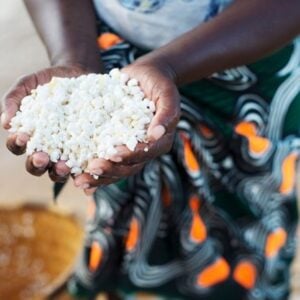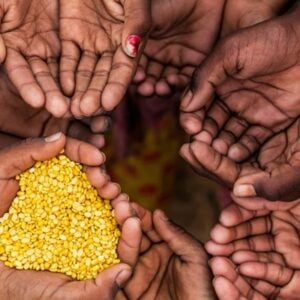Deceptive practices in the seafood industry, from mislabeled fish to hidden additives, are threatening livelihoods, food safety, and consumer trust. An international initiative backed by the United Nations is now leveraging advanced nuclear science to ensure seafood is safe, authentic, and traceable, protecting both consumers and the fishing industry.
Seafood consumption per capita has doubled since the 1960s and is expected to double again by 2050, making seafood fraud a growing global concern. The fisheries and aquaculture sector employs 62 million people in primary production, while around 600 million livelihoods depend on it. Fraudulent practices range from substituting high-value species with cheaper alternatives to using unauthorized additives, occurring at any stage of increasingly complex supply chains. Ensuring robust and fit-for-purpose analytical methods is essential for national and international food control systems to detect and prevent such fraud.
To tackle this issue, the Food and Agriculture Organization (FAO) and the International Atomic Energy Agency (IAEA) have launched a five-year coordinated research project through the Joint FAO/IAEA Centre of Nuclear Techniques in Food and Agriculture. The project aims to strengthen countries’ food control systems, build scientific capacity, and enhance resilience and transparency in seafood supply chains using nuclear and related analytical techniques.
One of the most effective tools employed is stable isotope ratio analysis of light elements, such as oxygen, which can identify the geographical origin of fish and verify whether it was wild-caught. By reflecting environmental and ecological conditions in the fish’s biological tissues, this technique helps authenticate seafood and prevent fraud.
Through nuclear technology, the IAEA supports countries in safeguarding consumer protection, increasing trust in food control systems, and enabling fisherfolk to engage in sustainable aquatic resource management. The initiative demonstrates how science-based approaches can strengthen the integrity of the seafood industry while supporting livelihoods and sustainable development.







